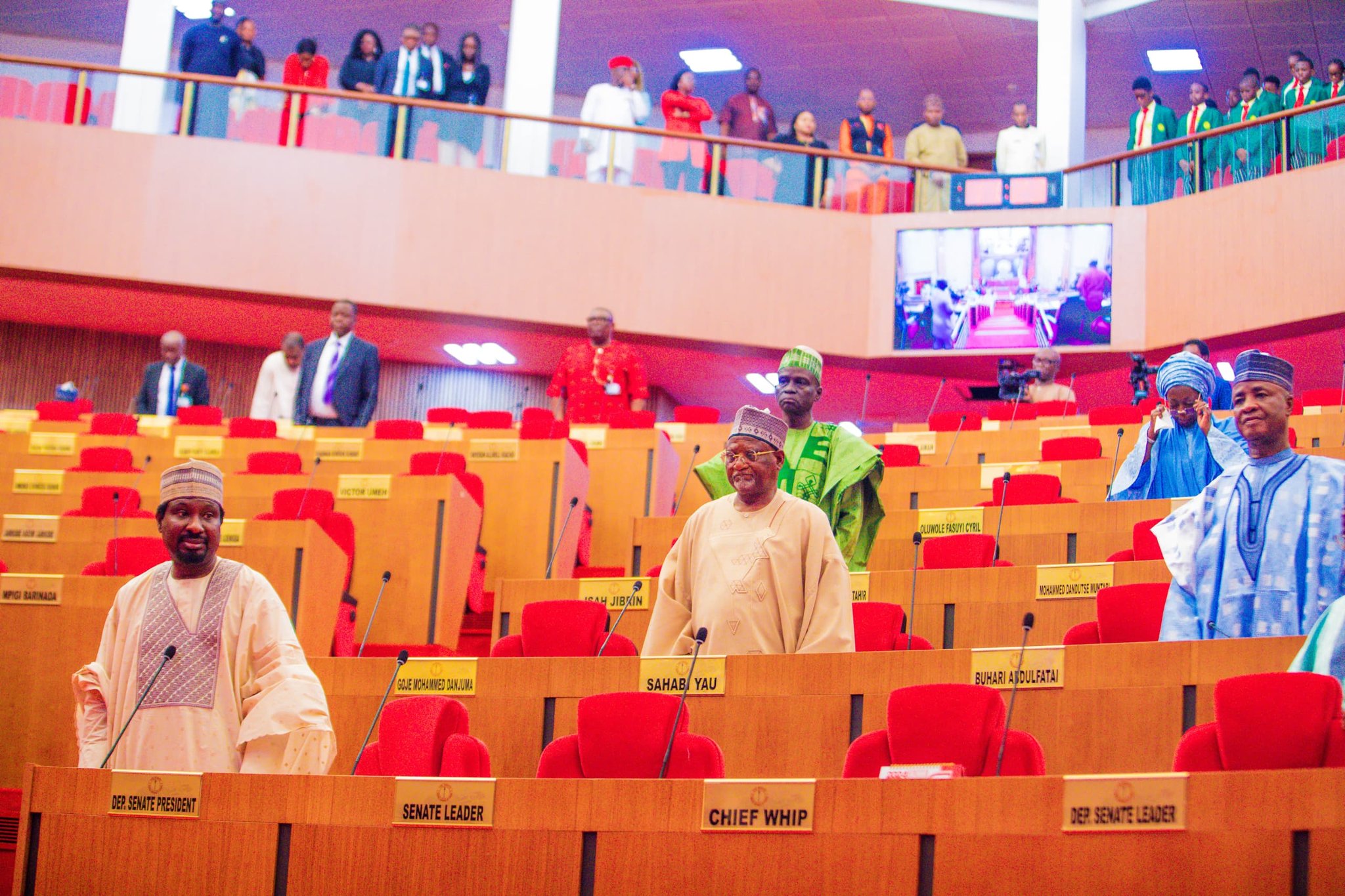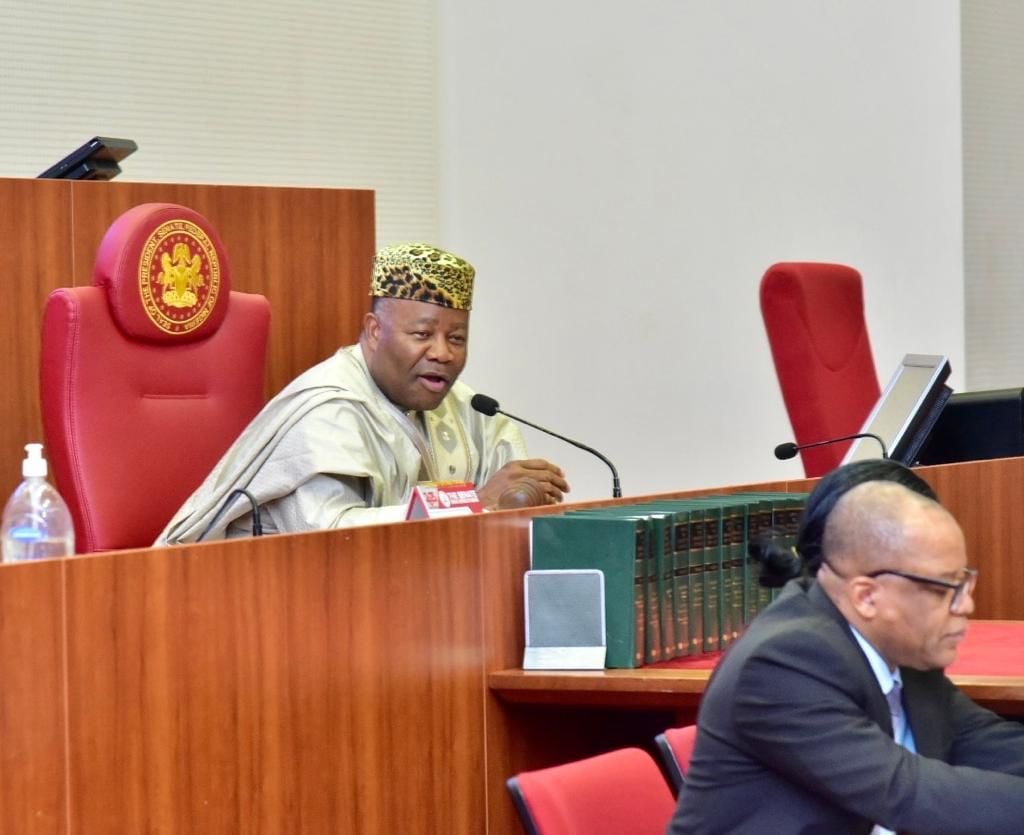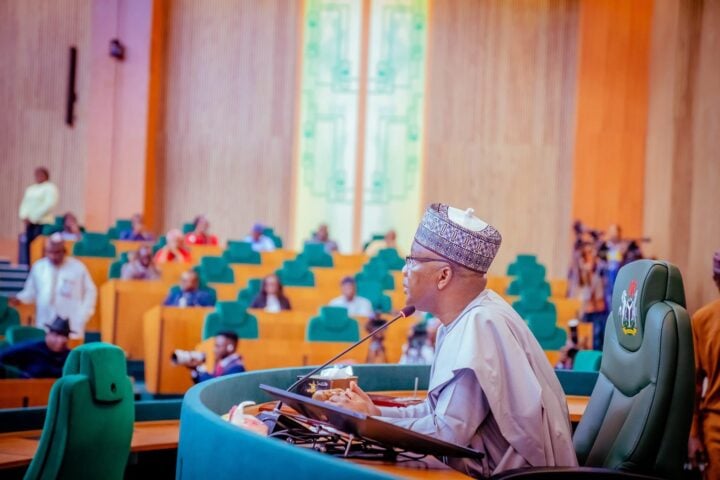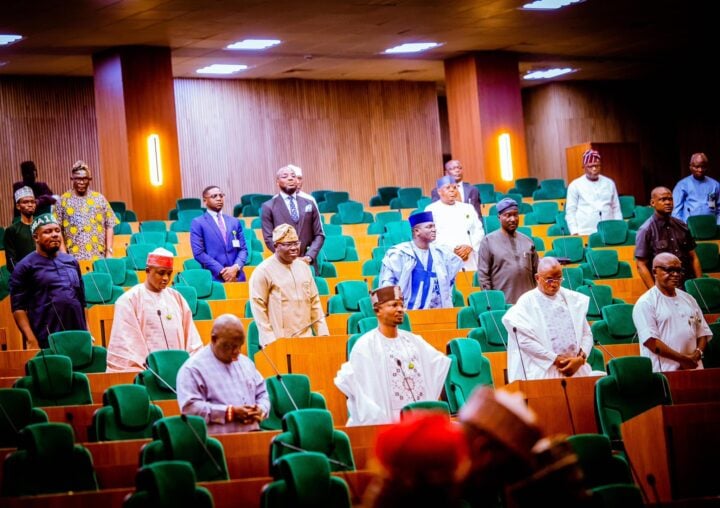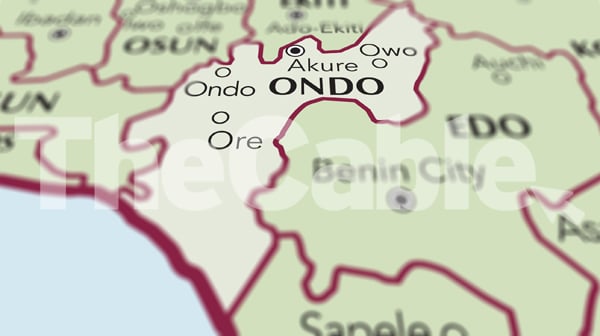The senate chamber
A group of women says the lack of female representation in the governing board of the North West Development Commission (NWDC) is “profoundly telling and troubling”.
Members of the group who signed the statement include Asma’u Joda, Saudatu Mahdi, Maryam Uwais, Aisha Oyebode, Amina Salihu, Mairo Mandara, Qadriyya Ahmed, Fatima Akilu, Rabi Jimeta, and Habiba Mohammed.
On September 28, President Bola Tinubu appointed a governing board for the NWDC and forwarded the names to the senate for confirmation.
In a statement on Thursday, the women said the announcement should have been a historic step towards regional development but instead, it feels like a disheartening slap in the face of northern women.
Advertisement
“Not a single female name appears among the nominees forwarded to the Senate for confirmation,” the statement reads.
“It goes against the grain of the National Gender Policy, the President’s promise of at least 35% affirmative action for women in his appointments and all sense of justice and equity.
“Northern Nigeria has a rich history of formidable female leaders, professionals, and activists who have tirelessly championed socio-economic progress.
Advertisement
“Indeed, numerous women exist, who through sheer determination and resilience, have driven initiatives to educate the girl child, combat malnutrition, reduce maternal and infant mortality, as well as address sexual and gender-based violence and the escalating mental health challenges.
“In every sphere of competence, across finance and accounts, public administration, the judiciary, good governance, health, education, data analysis, business, technology, advocacy, and peacebuilding, you find women excelling by applying themselves in the diverse fields. Their glaring absence from the NWDC Board is profoundly telling and troubling.”
The groups said the “blatant disregard” of the female voice speaks volumes.
“The statistics are alarming, to say the least. The mulit-dimensional poverty ratings in those 7 States range from 72% to 90%. Four of those 7 States have more children out of formal school, than in school,” the statement reads.
Advertisement
“The vast majority of those States have less than 20% girl-child literacy rates. Citizens with insufficient food consumption in those States hover between 72% and 80%. What could be more telling?
“The decision to exclude women from pivotal decision-making roles suggests a conviction in high places that the contributions and perspectives of women are inconsequential to solving these pressing problems.
“This glaring omission is an opportunity lost for all. And the region can only be the worse for it.”
Advertisement
